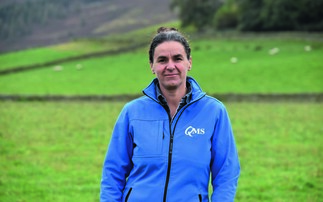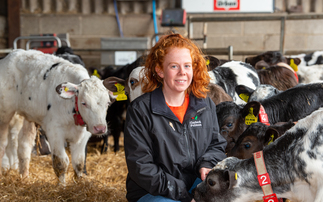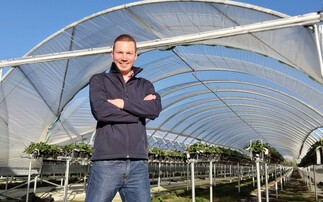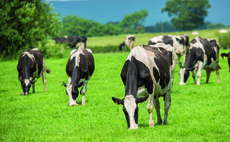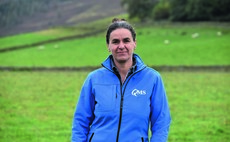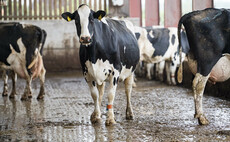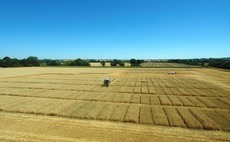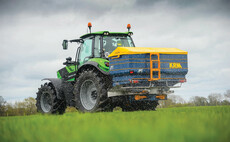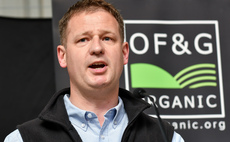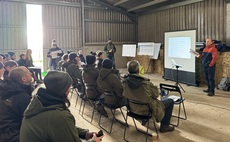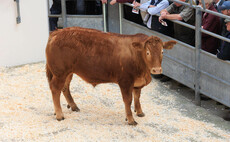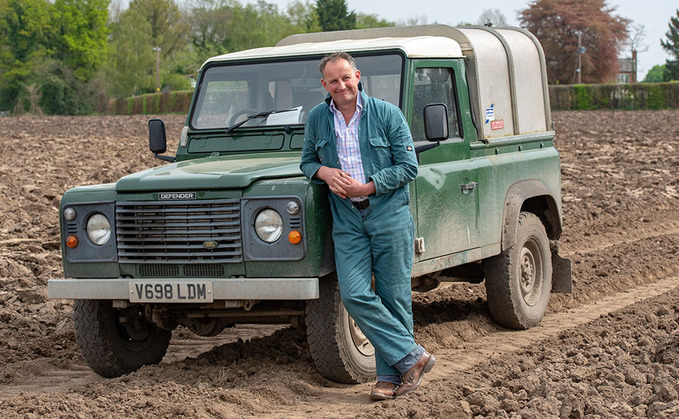
Here on farm, we have a dedicated youngstock clamp for silage cuts which are made later in the year. I had a wry smile recognising how arguably the nicest silage of this year has just filled up this youngstock clamp. For non-livestock farmers, the later cuts generally mean lower quality silage which is best fed to the less productive youngstock. Such is farming.
Pasture management has been a story of feast or famine depending on the weather at the time. Currently the grazing is quite nice. Overall grass covers within the grazing block are measuring 2,200kg/ha which I'm led to believe is respectable.
Anecdotally, I hear that local maize crops are thought to be looking about a fortnight earlier than usual. Ours too is looking promising. It went in on May 5 and I believe the school of thought is that it should be ready five months after this date. However, if the blackberries and the subsequent colour of my daughter's fingers are anything to go by, we could be in for an early harvest.
Baling contractors are advising me that straw is being baled in less-than-ideal conditions which is hardly surprising. Spare a thought for the farmers bedding boxes with a fork later this Winter.
Potentially, there has been some good news this last week as we received a letter from Animal and Plant Health Agency notifying us that because the farm and others locally have not seen bovine TB for six or more years, we can move from six-monthly testing to annual testing.
Interesting to note, we have had wildlife control measures in place for the past six years too. Once again recognition must go to all those who stepped up to organise those controls in the face of some significant hostilities from objectors.
This week AHDB hosted a meeting to update progress within the world of breeding dairy cows. Uptake amongst us dairy farmers nationally, suggests we are taking more notice of PLI [Profitable Lifetime Index] and the benefit of breeding durable dairy cows.
UK Dairy farmers are paying for these indexes and proofs in their levy deductions. These UK indexes are created with home-grown conditions, e.g. milk contract terms and weather constraints. Proofs generated in other countries would arguably be more appropriate for the conditions in those other countries. Like the saying goes, 'foreign proofs don't travel well'.
AHDB Breeding will be launching roadshows this autumn. These could be an ideal opportunity for those who are interested to see the good work first hand. I would encourage dairy farmers to go along to interrogate the data and see if they feel it has a place in their farms' breeding programs.








